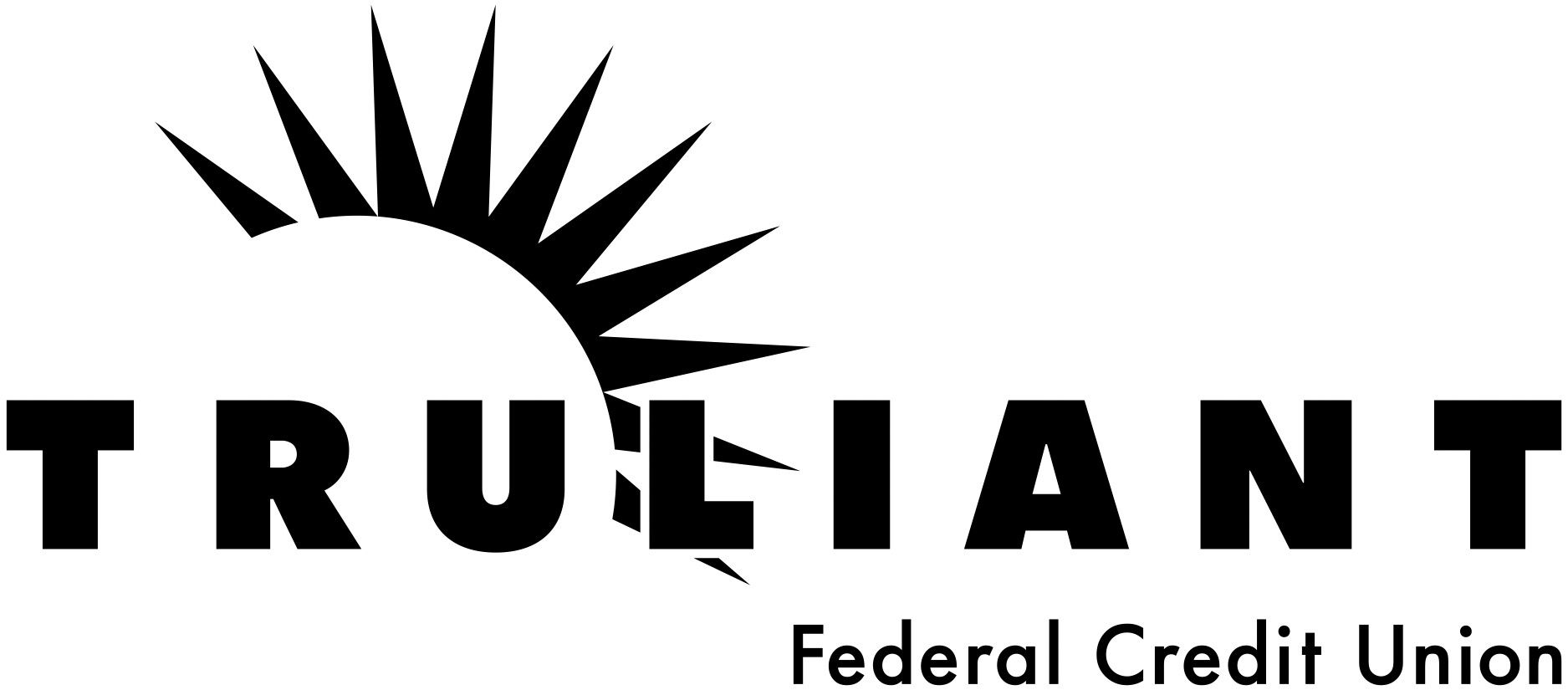How Do Banks Verify Income for an Auto Loan?

When it’s time to apply for auto financing, you will most likely be asked for documentation to verify your income. If you have great credit and have worked in the same job for years, this may not be an issue. If you’re applying at a financial institution where your income is regularly deposited, they will most likely have what they need, as well. But it’s best to assume that you’ll need to back up what you listed for income on your application.
Very simply, a tax return or paystub will do the trick. Since most paychecks are deposited electronically, you may have to log into your company’s payroll system and print a recent paystub. Be aware that the lender may call your employer to confirm that you work where you say you work. Consider letting HR or your boss know that such a call may come through. If your income comes from other sources, such as social security or disability, a statement of your monthly income as provided by the government will suffice. If you're a freelancer or private contractor, be prepared to provide a copy of the Schedule C from your tax return to confirm your income and income sources. This data helps the lender validate your debt to income and figure a payment to income ratio that fits your financial situation.
There are many factors outside of how much money you make to consider when shopping for a new car. While your income will definitely play a role in what auto financing you qualify for, other key things lenders look for as related to your income are:
Debt to Income
No matter how much you’re bringing in, if you’re buried in debt you may present a risk to making a monthly payment. Debt to income is determined by how much a borrower’s income is paid every month across bills, from housing to credit cards. Anything over 50% may make the lender hesitant to loan that borrower money.
Payment to Income Ratio
Many lenders will also look at the monthly car payment in relationship to a borrower’s monthly income. Fifteen percent or so is a pretty standard payment to income ratio. For instance, if you bring home 2,000 before taxes, lenders are more likely to approve a monthly car payment in the $250 - $300 range.
Truliant Can Help!
The bottom line is that your gross monthly income is a key factor in determining how much a dealer or financial institution will lend you. A lower income with a little debt may be more compelling to a lender than a millionaire who has a 75% debt-to-income ratio. Staying in a reasonable price range helps, too, and that range can vary from person to person. If you need help, or would like to work through what's best for you before you test drive your first car, stop by or call Truliant today. We offer low rates, and flexible terms on credit union auto financing. We provide the guidance that can help you get in the vehicle that’s right for you!
Very simply, a tax return or paystub will do the trick. Since most paychecks are deposited electronically, you may have to log into your company’s payroll system and print a recent paystub. Be aware that the lender may call your employer to confirm that you work where you say you work. Consider letting HR or your boss know that such a call may come through. If your income comes from other sources, such as social security or disability, a statement of your monthly income as provided by the government will suffice. If you're a freelancer or private contractor, be prepared to provide a copy of the Schedule C from your tax return to confirm your income and income sources. This data helps the lender validate your debt to income and figure a payment to income ratio that fits your financial situation.
There are many factors outside of how much money you make to consider when shopping for a new car. While your income will definitely play a role in what auto financing you qualify for, other key things lenders look for as related to your income are:
Debt to Income
No matter how much you’re bringing in, if you’re buried in debt you may present a risk to making a monthly payment. Debt to income is determined by how much a borrower’s income is paid every month across bills, from housing to credit cards. Anything over 50% may make the lender hesitant to loan that borrower money.
Payment to Income Ratio
Many lenders will also look at the monthly car payment in relationship to a borrower’s monthly income. Fifteen percent or so is a pretty standard payment to income ratio. For instance, if you bring home 2,000 before taxes, lenders are more likely to approve a monthly car payment in the $250 - $300 range.
Truliant Can Help!
The bottom line is that your gross monthly income is a key factor in determining how much a dealer or financial institution will lend you. A lower income with a little debt may be more compelling to a lender than a millionaire who has a 75% debt-to-income ratio. Staying in a reasonable price range helps, too, and that range can vary from person to person. If you need help, or would like to work through what's best for you before you test drive your first car, stop by or call Truliant today. We offer low rates, and flexible terms on credit union auto financing. We provide the guidance that can help you get in the vehicle that’s right for you!







